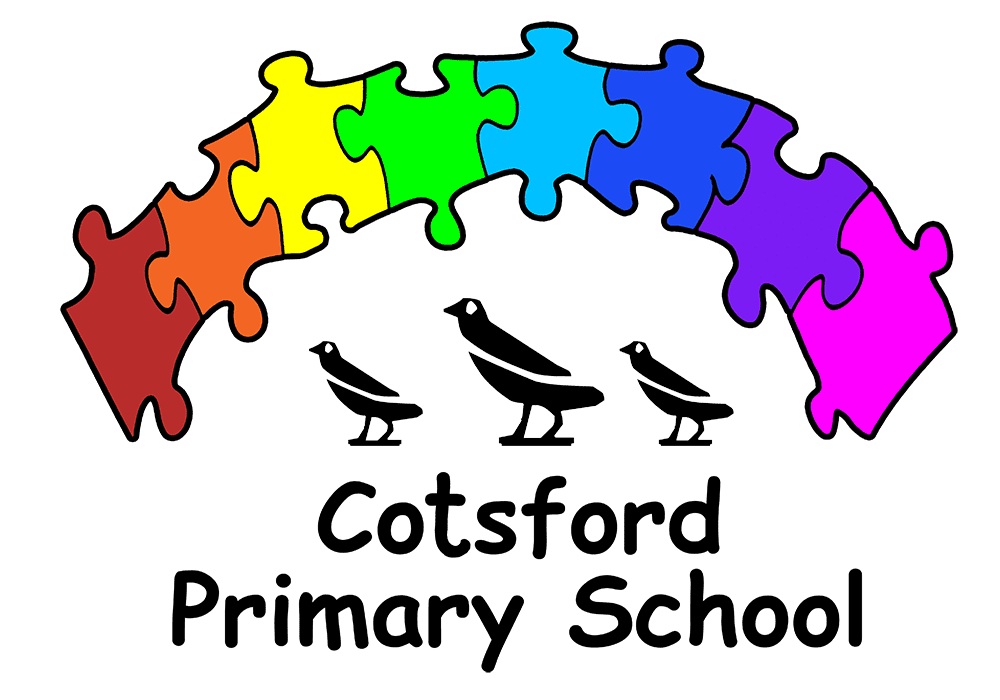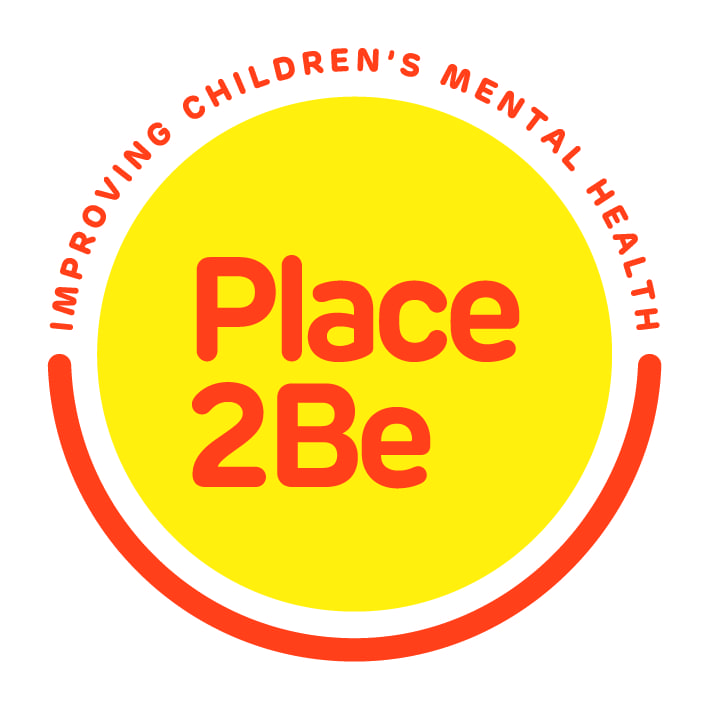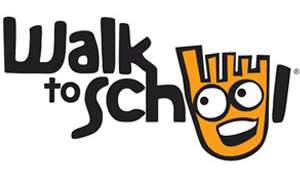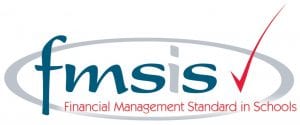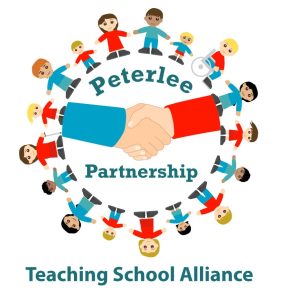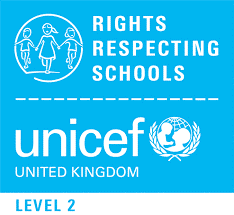Promoting British Values
The Department for Education state there is a need “to create and enforce a clear and rigorous expectation on all schools to promote the fundamental British values of democracy, the rule of law, individual liberty and mutual respect and tolerance of those with different faiths and beliefs.”
We encourage our children to be creative, unique, open-minded and independent individuals, respectful of themselves and of others in our school, our local community and the wider world.
We aim to nurture our children on their journey through life so they can grow into safe, caring, democratic, responsible and tolerant adults who make a positive difference to British Society and to the world.
Our school reflects British values in all that we do:
Democracy
We are committed to involving pupils in school decision making; we embrace their natural enthusiasm and whilst developing their presentation, organisational and decision-making skills our pupils respect the right of every individual to have a voice.
- Provide pupils with a broad general knowledge of, and promote respect for, public institutions and services – by discussing these whenever appropriate in curriculum work.
- Teach pupils how they can influence decision-making through the democratic process – e.g. in our Children’s Voice work.
- Include in the curriculum information the advantages and disadvantages of democracy and how it works in Britain – e.g. when considering periods of history where democracy was not as fully developed as it is now.
- Encourage pupils to become involved in decision-making processes and ensure they are listened to in school – again through the work of the Children’s Voice.
- Organise visitors from and visits to democratic establishments e.g. Local Authority and Parish Councillors.
- Hold ‘mock elections’ so pupils learn how to debate and defend points of view e.g. when electing representatives to the Children’s Voice for each class.
- Help pupils to express their views e.g. through English lessons and opportunities to present work and opinions.
- Model how perceived injustice can be peacefully challenged e.g. through our interactions with pupils and the school’s behaviour system and discussing scenarios in assemblies and class PHSE work.
Democracy has been a big focus in setting up the School Team. Each child voted for two people in each class to represent them in their ‘Right to express their View’ (Article 12 and 13). There has been several meetings held with the children to decide on a name (Article 7) for the group, decide on what they would like to play with on the yard (Article 31) and what rewards they would like to receive if they respect their ‘Right to an Education’ (Article 28).
The Rule of Law
Our pupils understand and work within shared school and class Charters (rules). They are taught the value and reasons behind these charters and laws in general, they also understand that they both govern and protect us. They understand their responsibilities and that this involves consequences when laws or rules are broken. Our Behaviour Management policy documents our sanctions and rewards to motivate the children effectively.
- Ensure expectations are clear and fair e.g. by discussing these with pupils and establishing classroom charters with the pupils themselves.
- Help pupils to distinguish right from wrong e.g. during everyday interactions and discussions of stories, fables and other literary materials.
- Help pupils to respect the law and the basis on which it is made e.g. by showing how rules help everyone to interact in an orderly and fair manner and protect the vulnerable in society.
- Help pupils to understand that living under the rule of law protects individuals.
- Include visits from authoritative figures in the curriculum e.g. have sessions with the Community Police Officers and visits from the Fire Service.
- Teach pupils aspects of both civil and criminal law and discuss how this might differ from some religious laws.
- Develop approaches focused on fairness and justice to resolve conflicts e.g. as part of sanctions in our approach to behaviour.
Individual Liberty
Within school, pupils are encouraged to make choices, knowing that they are in a safe and supportive environment. We are a Rights Respecting school. We educate and provide boundaries for our pupils to empower and encourage them to make choices safely. Our pupils know, understand and exercise their rights and personal freedoms. Examples of this can be clearly seen in our:
- Online safety and P.S.H.C.E lessons
- Staying Safe education and displays
- Extra-curricular activities and clubs
- Work to support projects around the World and links within the local, national and international community
- Work to support protecting our planet and the environment: OASES (Outdoor and Sustainability Education Service); Forest School Project, Eco
- Pupil charters devised by children at Cotsford Primary School.
- Support pupils to develop their self-knowledge, self-esteem and self-confidence e.g. through all areas of teaching and learning in school.
- Encourage pupils to take responsibility for their behaviour, as well as knowing their rights e.g. through all of their interaction with adults and each other in school and through the UNICEF Rights Respecting Schools agenda.
- Pupils are given the freedom to make choices and given the education and support to help them to make choices wisely.
Mutual Respect
Respect is one of the core values of our school supported by our Unicef Rights Respecting work. Pupils know and understand that respect must be shown to everyone, whatever differences we may have. Our school is committed to developing respect for other cultures. We believe that this respect is fostered through our international curriculum and is brought to life through our community and charitable links.
- Challenge stereotypes e.g. through SMSC/PHSE work and assemblies.
- Implement a strong anti-bullying culture – as enshrined in our policies for Anti-Bullying and Behaviour Management.
- Follow the UNICEF Rights Respecting schools agenda.
At Cotsford Primary School we are committed to ensuring our pupils are prepared to live life in modern Britain and to playing a purposeful part in our society.
Tolerance of Those With Different Faiths And Beliefs
Through our curriculum and assemblies we teach our pupils about a range of religious beliefs. Within this, and supported by our Unicef Rights Respecting work, we support the children in understanding that we all don’t share the same beliefs and values. We teach the importance of respecting the values, ideas and beliefs of others whilst not imposing our own on others. We also have strong links with Rev. Susan Richardson from Horden Methodist Church and St. Mary’s Church Horden.
